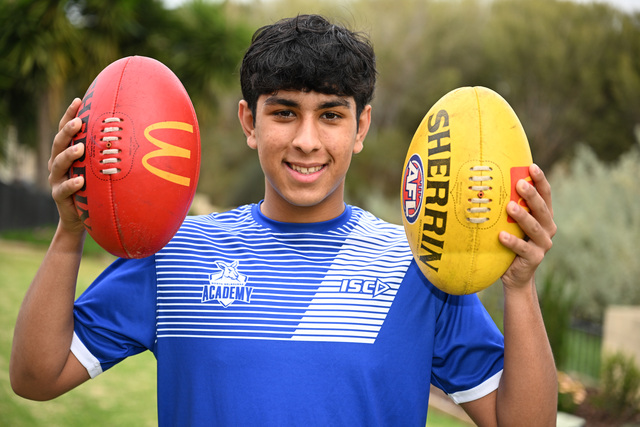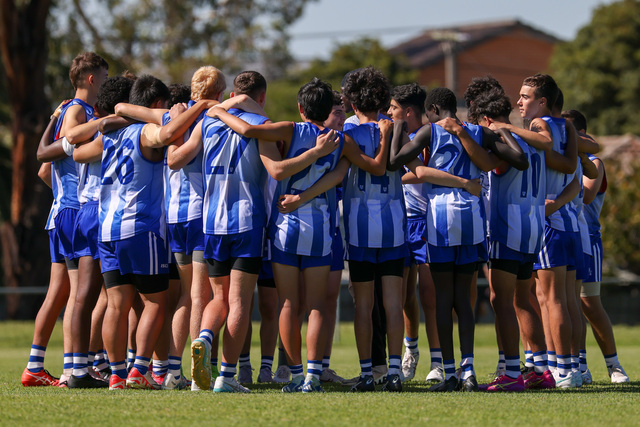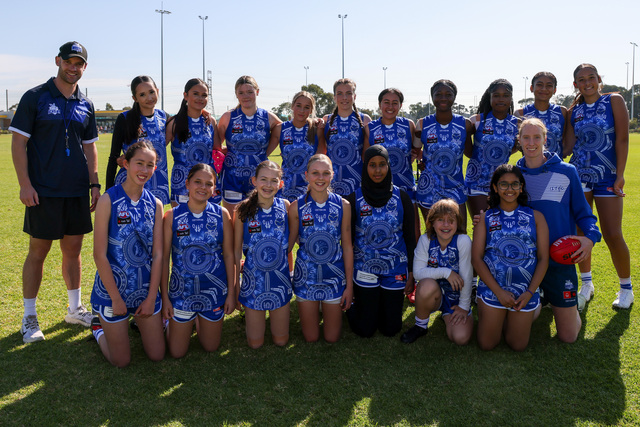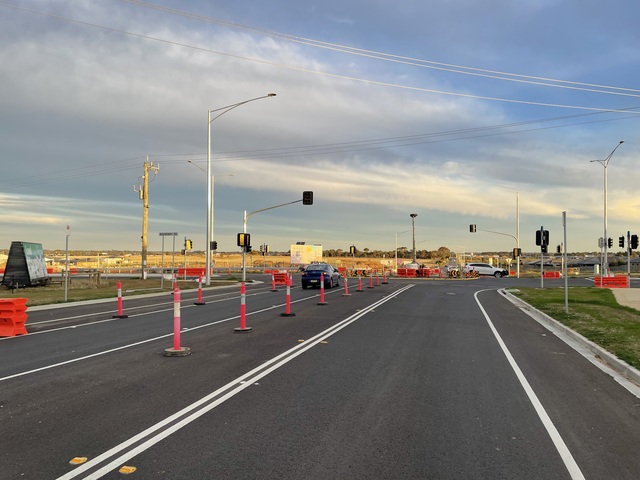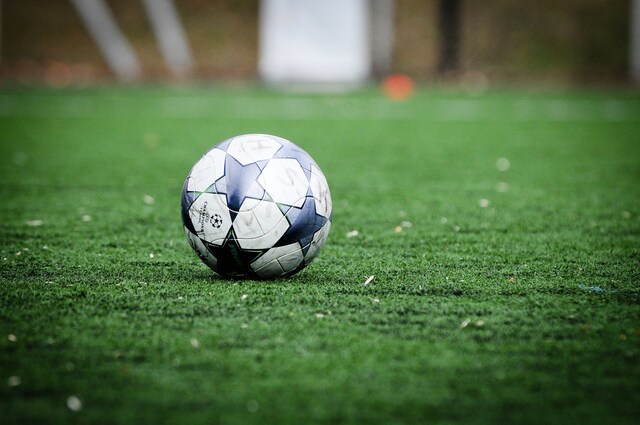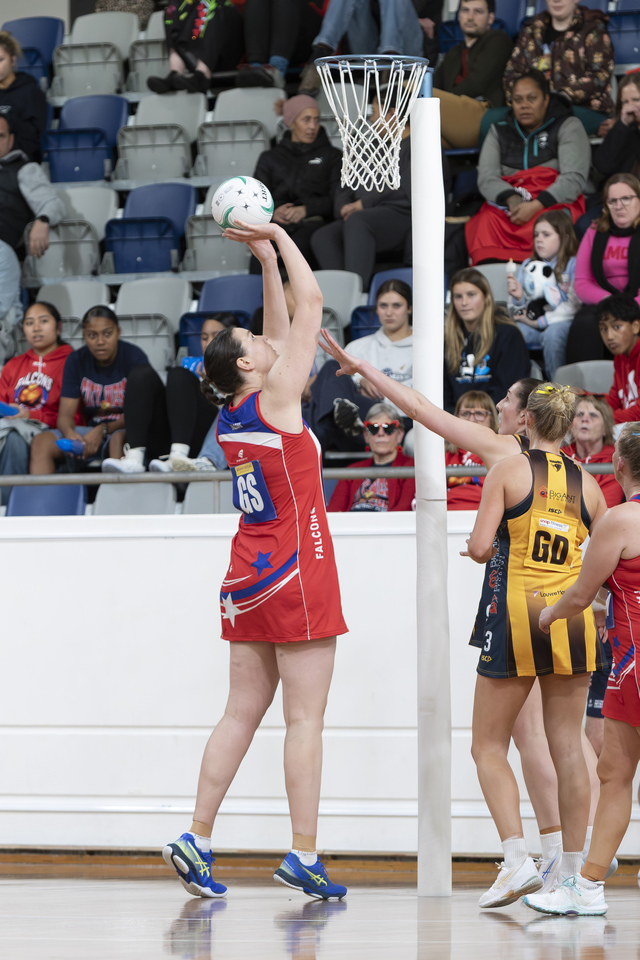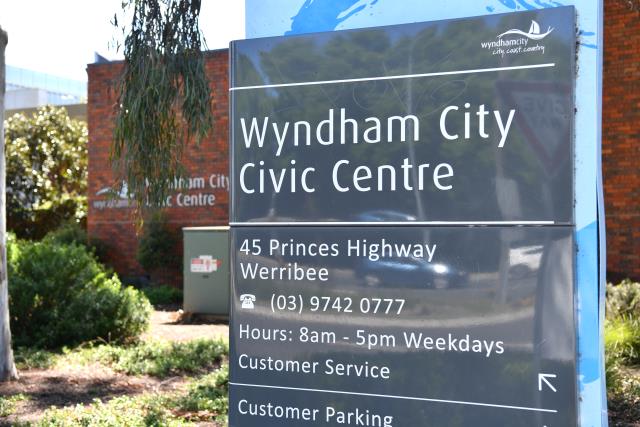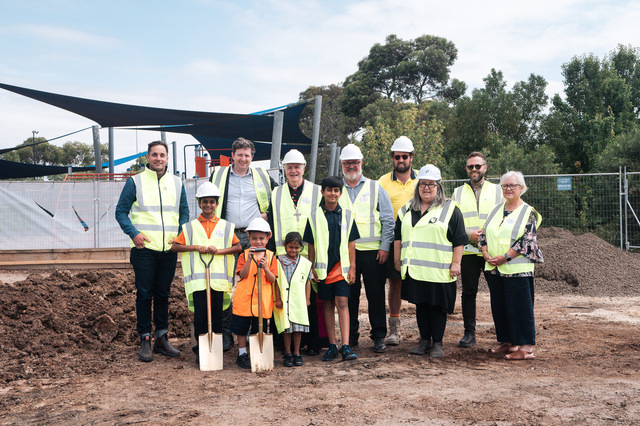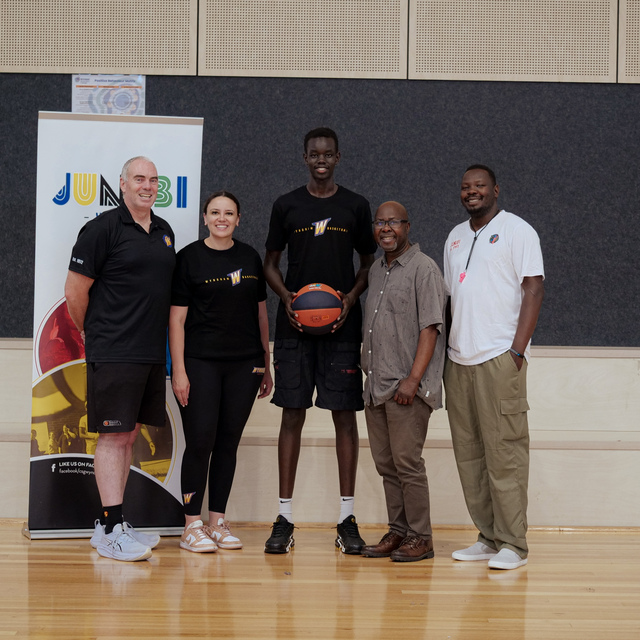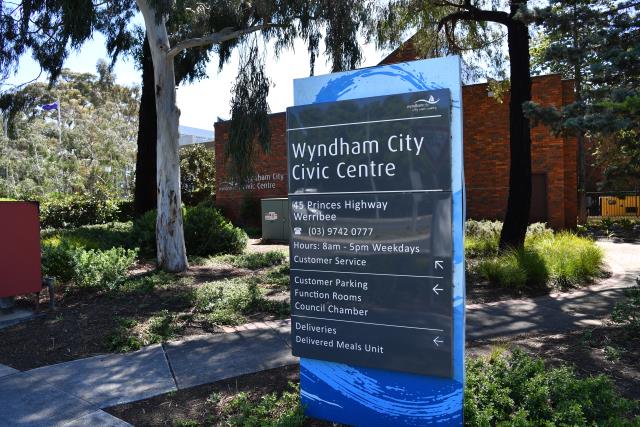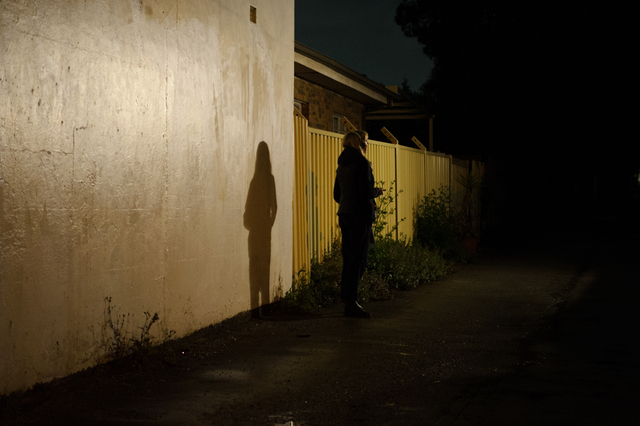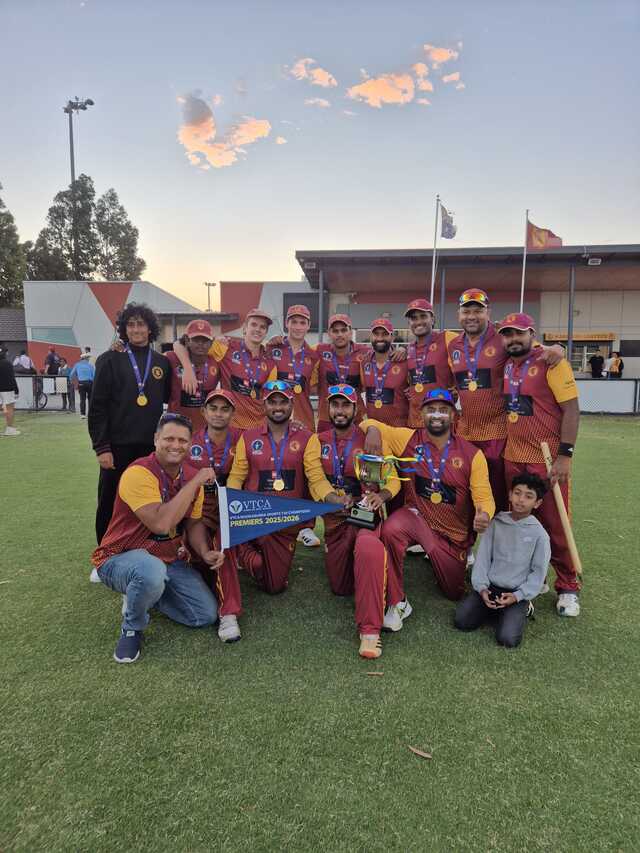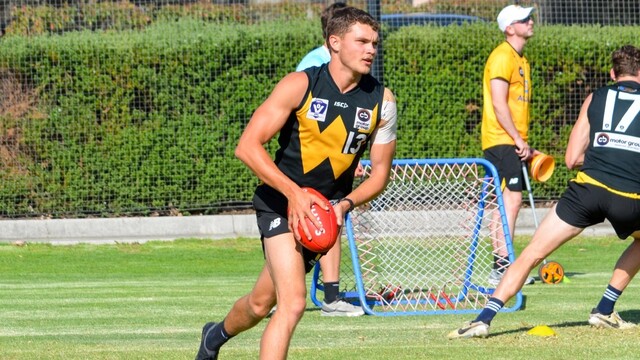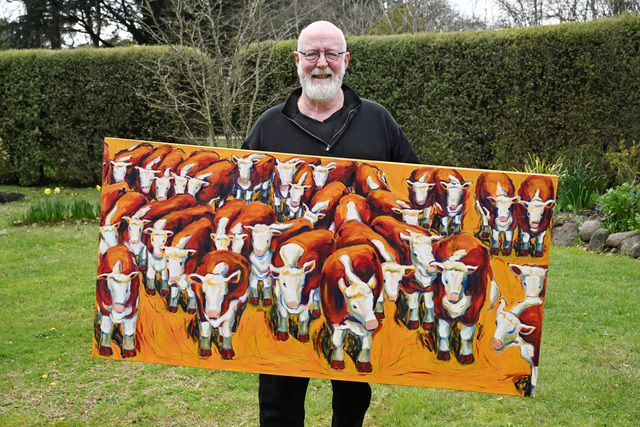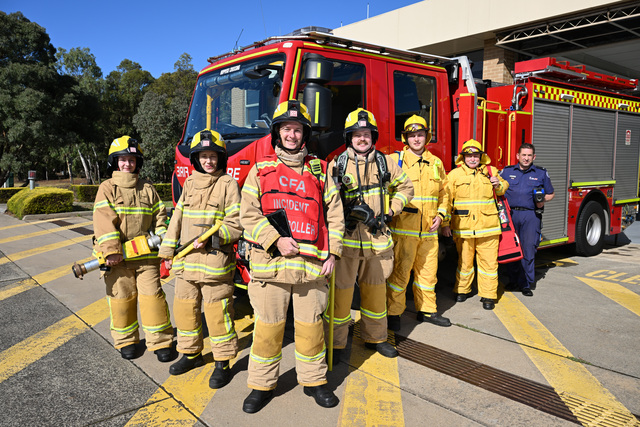The North Melbourne Football Club is increasingly targeting Wyndham in its bid to find new talent and expand its fanbase, as Jaidyn Kennedy explores.
For many young footballers in Wyndham, the elusive dream of playing AFL and AFLW begins in their family’s living rooms watching their favourite team on television or with sibling kick-to-kick in the backyard.
For many others, unlocking their own talents will come through a different path and The North Melbourne Football Club’s Next Generation Academy (NGA) is working to help them discover it.
Designed to provide professional pathways into league football for young people from First Nations and culturally linguistically diverse (CALD) communities, the program expanded to Wyndham in 2023.
Maahi, 17, from Point Cook is one of more than 100 athletes aged 11-18 from Wyndham currently in the NGA.
The medium-sized forward joined the academy last year in the under-16s division and said he has loved every minute of the journey so far.
“I think it’s been great to play with players who come from similar and different ethnic backgrounds – I have certainly made a lot of new friends in the NGA,” Maahi said.
“I have really enjoyed it – the experiences they have given us have been second to none.
“You can almost pick the brains of AFL players, the way they go about their routine and the discipline that comes with it.”
Maahi, who is of Indian heritage, said the code’s talent pool in the west is only growing as more South Asian youths take up the sport.
“I think the NGA can really start to take talents that the South Asian boys have and they might not be aware that they actually possess,” he said.
“Those talents get used up in other sports but what the NGA is doing is trying to introduce them to footy, and I think footy is a great way for them to get connected to Australian culture.”
He said North Melbourne’s engagement in the community can also help dispel preconceptions of the game being unrefined in CALD communities.
“I think the biggest thing for South Asian households is the stereotype that football is a rough sport and that it shouldn’t be played,” Maahi said.
“I certainly felt that playing footy just makes you feel like you are part of the culture.
“Not only does having fellow members of your ethnicity play the sport, especially those who come from the same part of the country as you, open the eyes of children [to the game] but the eyes of parents to maybe allow their kids to get involved.”
Like many gifted young athletes in the program, Maahi will eventually have to make a big decision.
“I have been told by multiple people that probably in the next year or so I am going to have to decide whether I play cricket or footy,” he said.
“If you ask me, I enjoy footy more in the winter and cricket more in the summer, but at the end of the day, it’s going to be which one I love more.
“Obviously, it’s like picking your favourite child – it’s not easy to do.
“I’ve got mates in both, it’s going to be a hard decision to make.”
Regardless of the path he chooses, Maahi said he will always take the academy’s teachings along with him.
“A big thing that North Melbourne has done is not only changing us as footballers, but as people, they have developed us into young men,” he said.
“Just the habits they have taught us – the small things like that you can use in your everyday life.”
Hamish MacInnes is the academy’s head coach.
“I think what we have the great power to do is a lot of these kids, they might not come from traditional football families,” Mr MacInnes said.
“It’s fantastic and that’s probably where you get the most enjoyment out of it when you see talented kids get the opportunities that they deserve to get.”
For Mr MacInnes, seeing these opportunities turn into results on the field is a great source of pride.
“It’s really exciting to see them grow, especially to see when kids are in your program for a couple of years,” he said.
“That also allows us to be advocates for them on their journey and help network and communicate with their junior coaches and interleague coaches to really help them put their best foot forward.”
With many academy members balancing school, school sports, junior club football and often representative football, striking a healthy balance is a key part of the program.
“The training sessions run monthly, but we have expanded opportunities during the school holidays,” Mr MacInnes said.
“Some of the challenges are that kids nowadays have very, very packed schedules.
“They might be playing other sports on top of that, so I think it’s finding time in the calendar to work with the kids without overburdening them, and still providing those extra levels of support.”
Community and fan development is another of North Melbourne’s key focus points in Wyndham, especially as the municipality’s population continues to grow and the club strategically ends its 14-year presence in Tasmania.
Off the field, the club conducts clinics and workshops in schools across Wyndham to engage young people and connect with the next generation of fans.
The Huddle, the community arm of the football club, and the Werribee Football Club play a pivotal role in supporting and facilitating these grassroots initiatives.
Relationships with key advocacy and stakeholder groups from different cultural and religious backgrounds are important ways to make sure that diversity is appreciated and camaraderie is built on the field.
Mr MacInnes said showcases from the Bachar Houli Foundation’s during Ramadan and the celebration of Sir Doug Nicholls Round earlier this year were opportunities for the cohorts to be ambassadors of their own cultures and students of others.
“It’s really all about helping them connect with their cultures and their history, be proud of where they’ve come from and excited about where they are going as well,” he said.
He said he is looking forward to the club’s presence growing stronger in the area.
“I think we are really fortunate to do the work we do with such a fast growing population, it’s something where I think there’s potential for football to grow even more so.”
“We are very lucky as a club to have the connection we do with the City of Wyndham.”
To be eligible for the NGA, athletes must identify as Aboriginal or Torres Strait Islander, be born overseas or have at least one parent born overseas from Asian or African countries.
All athletes must also reside within Wyndham or the neighbouring suburbs of Laverton, Seabrook and Eynesbury.

